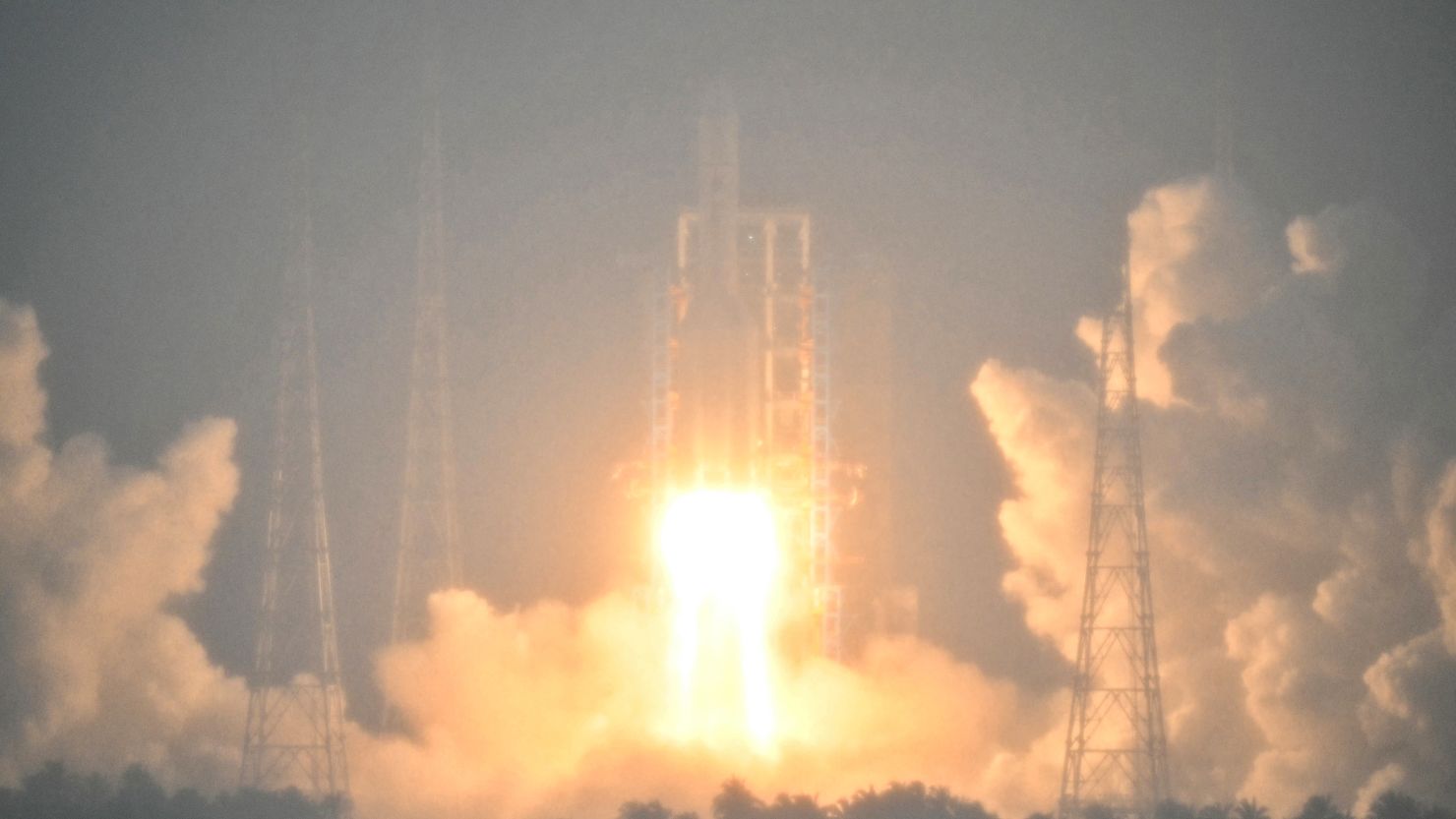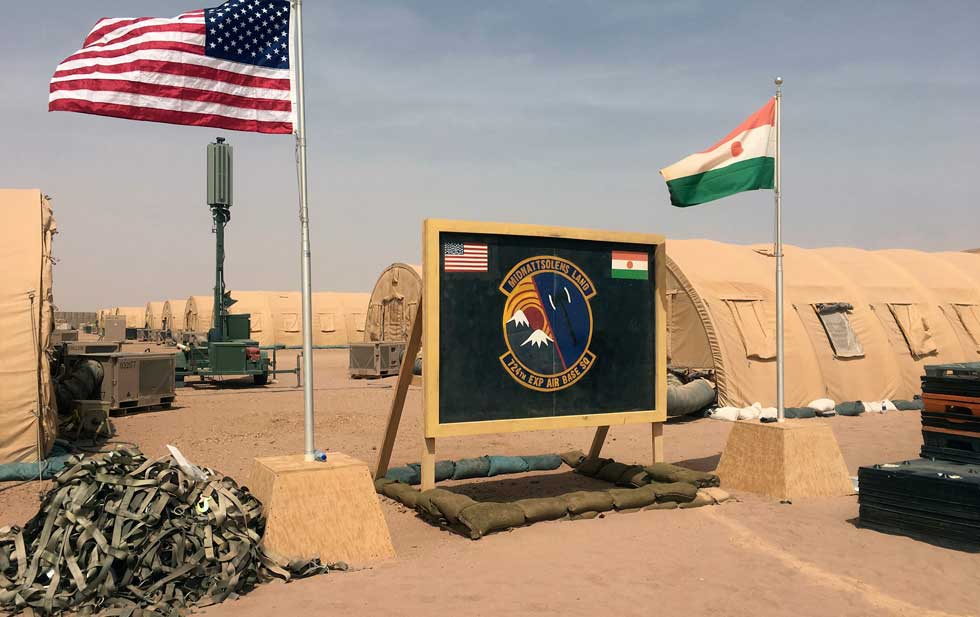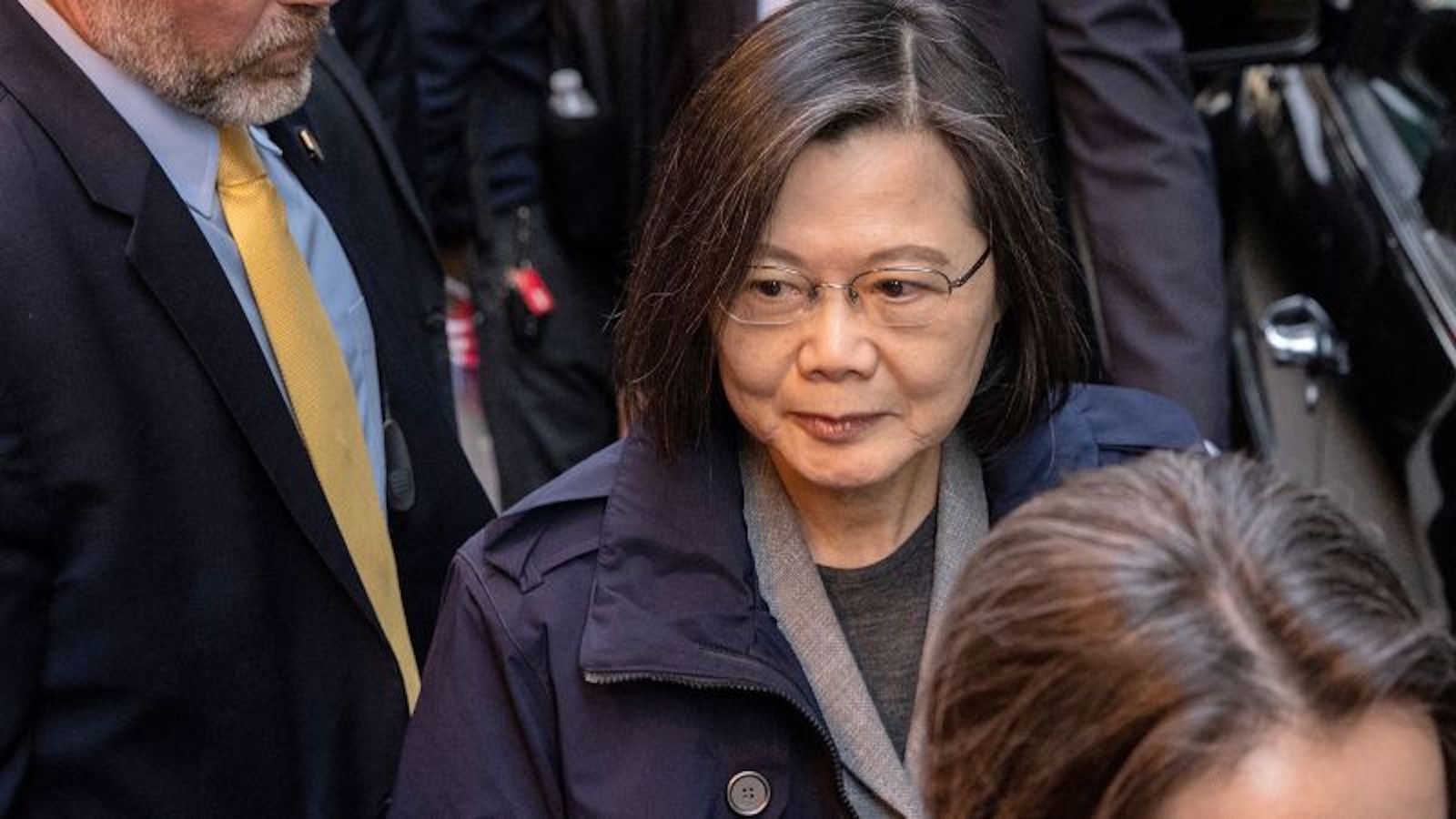(CNN) – Taiwan’s relationship with the United States has “never been closer,” President Tsai Ing-wen said after arriving in New York City on Wednesday, as she warned Beijing her visit could lead to a “dangerous confrontation” between China and the United States.
Tsai said Taiwan faced “enormous challenges” from the city as it makes the first of two planned stops on both coasts of the United States, ahead of an official visit to Central America.
We know we are stronger when we stand in solidarity with other democracies. “Taiwan cannot be isolated, and we don’t take friendship for granted,” Tsai said at a banquet with members of the Taiwanese American community, according to a clip from CNN affiliate SET TV in Taiwan.
Tsai’s visit comes at a time of heightened tension between the United States and China, and has already drawn harsh condemnation from Beijing, which claims democratic Taiwan as its territory, though it never controlled it.
Chinese charge d’affaires Xu Xueyuan told reporters in Washington on Wednesday that Tsai’s transit to the United States could lead to a “serious” confrontation in US-China relations and have a “serious impact” on their relations.
“What the United States did seriously undermines China’s sovereignty and territorial integrity,” Xu said, adding that the United States should bear “all the consequences.”
Tsai’s travels have come under particular scrutiny after reports that she will meet Speaker of the US House of Representatives Kevin McCarthy during one of his unofficial stops in the US, a potential event that Beijing has pledged to “fight resolutely” if it goes ahead.
Taiwan did not confirm the meeting or provide details of Tsai’s itinerary while she was in the United States.
Beijing launched intense, days-long military exercises around the island last August, following a visit to Taipei by then-Speaker of the US House of Representatives Nancy Pelosi.
Pelosi was the highest-ranking US official to visit Taiwan in 25 years, and the trip prompted accusations from Beijing that the US was changing the nature of its relationship with Taiwan, a claim US officials have repeatedly denied.
Supporters gather as Taiwan President Tsai Ing-wen arrives at Manhattan’s Lotte Hotel in New York City on March 29, 2023 (Photo credit: Jeenah Moon/Reuters)
Arrival of the President of Taiwan to the United States
Tsai said via Facebook on Wednesday that her delegation had been received by Laura Rosenberger, president of the American Institute in Taiwan (AIT), the organization that maintains unofficial US relations with Taiwan. Rosenberger and New Jersey Governor Phil Murphy made remarks at Tsai’s welcome banquet Wednesday night.
Speaking at the event, Tsai thanked the US government for “respecting its security commitments to Taiwan” and noted Congress’s support for Taiwan’s self-defense capabilities, as well as the Biden administration’s arms sales to Taiwan.
The United States is required by law to sell weapons to Taiwan to defend itself, although it ended its formal diplomatic relationship with Taipei in 1979 when it recognized the government in Beijing.
Because of the unofficial relationship between the United States and Taiwan, Tsai’s transit is not described as an official visit to keep the United States within the long-standing “One China” policy.
Under the “One China” policy, the United States recognizes China’s position that Taiwan is part of China, but has never formally recognized Beijing’s claim to the island of 23 million people.
US officials have tried to dismiss their pause as unusual and have urged Beijing not to use it as an excuse to carry out “aggressive or coercive activities” directed against Taiwan.
Tsai had previously crossed the United States six times while serving as president, according to US officials.
NSC spokesman John Kirby confirmed Wednesday that these transits were “private” and “unofficial.”
The People’s Republic of China should not use this transit as an excuse to intensify any aggressive activity around the Taiwan Strait. “There are differences between the United States and China when it comes to Taiwan, but we’ve managed to deal with those differences for more than 40 years,” Kirby said.
However, in the weeks leading up to Tsai’s visit, Beijing issued several denunciations and said it was communicating with its US counterparts regarding reports of a possible meeting with McCarthy, even if such a meeting on US soil could be seen as less provocative than a visit. to Taiwan by a senior US lawmaker.
Disagreements between China and the United States over the future of the democratic island have intensified in recent years.
Beijing has vowed to take the island, by force if necessary, and, under Xi Jinping’s leadership, has increased military, diplomatic and economic pressure on democracy, even enticing Taipei’s allies to switch allegiances.
“external pressure”
Tsai’s transit through the United States is part of a broader international trip that includes state visits to two of Taiwan’s diplomatic allies, Guatemala and Belize, before crossing Los Angeles to return to Taiwan on April 7.
In remarks before her departure, Tsai said that “external pressure” would not prevent Taiwan from “moving over to the international community.”
Guatemala and Belize are part of a handful of countries that maintain diplomatic relations with Taipei.
That number dropped to 13 over the weekend as Honduras formally established diplomatic relations with China and severed them with Taiwan.
Beijing does not have diplomatic relations with countries that recognize Taipei.
Without specifying a date, the foreign ministry said in a tweet on Wednesday that Honduran President Xiomara Castro would visit China “soon” to sign “auspicious agreements.”
— CNN’s Jennifer Hansler in Washington, Gladys Tsai in Taiwan, Michael Rios in Atlanta, and Dhruv Tekkar of the INS in Hong Kong contributed to this report.

“Music buff. Social media lover. Web specialist. Analyst. Organizer. Travel trailblazer.”







More Stories
Persecution continues in Nicaragua: the Ortega regime has ordered the closure of 13 more NGOs
Another trap of the Chavista dictatorship: out of nearly 8 million Venezuelan immigrants, only 6,528 were able to register to vote
Bukele has consolidated his absolute power in El Salvador with a Congress tailored to his needs, allowing him to approve reforms without opposition.